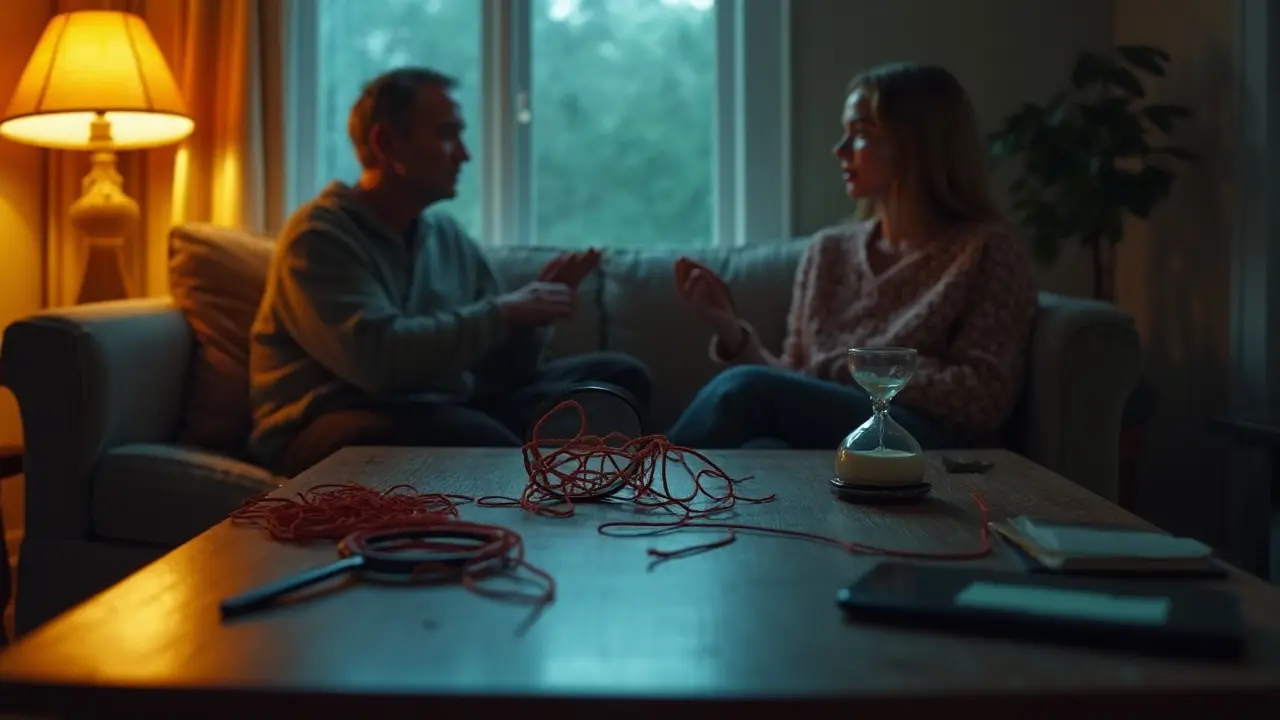Low Libido: Simple Ways to Boost Your Sex Drive
If you’ve noticed a dip in desire, you’re not alone. A lot of people hit a low point at some stage, and most of the time it’s not a medical emergency. The good news? Small, everyday tweaks can reignite your spark without a prescription.
Lifestyle Changes That Help
First, look at your routine. Stress is a libido killer, so carve out a few minutes each day for relaxation. A short walk, a quick meditation, or even just deep breathing can lower cortisol and make room for pleasure.
Sleep matters too. Skimping on rest messes with hormone balance. Aim for seven to nine hours and keep a consistent bedtime. Turning off screens an hour before bed helps the body wind down faster.
Exercise is another fast‑track fix. You don’t need a marathon; 20‑30 minutes of moderate activity, like jogging or cycling, boosts blood flow and releases endorphins that naturally raise desire.
Alcohol and smoking can dampen arousal. Cutting back on booze and quitting cigarettes—even gradually—can improve circulation and hormone levels, making intimacy easier.
Natural Remedies & Foods
What you eat plays a big role. Foods rich in zinc, like oysters, pumpkin seeds, and beef, support testosterone production. Healthy fats from avocados, nuts, and olive oil keep hormone factories running smoothly.
Stay hydrated. Dehydration makes you feel sluggish, and that includes your sex drive. Aim for at least eight glasses of water daily.
Herbal options such as maca root, ginseng, or tribulus have been used to lift libido. Start with a small dose and see how your body reacts. If you have health issues or take medication, check with a doctor first.
Vitamin D and B‑complex supplements can also help if you’re deficient. Many people don’t get enough sunshine, especially in winter, and low vitamin D is linked to lower desire.
Don’t forget intimacy basics. Communicating openly with your partner reduces performance anxiety. Simple gestures—like a hug, a kiss, or a shared laugh—can rebuild the emotional connection that fuels physical desire.
Finally, keep an eye on any underlying health conditions. Hormonal shifts, thyroid problems, or depression often show up as low libido. A quick check‑up can rule out bigger issues and point you to the right treatment if needed.
Bottom line: fixing low libido usually starts with easy, everyday habits. Tweak your stress level, sleep, exercise, diet, and communication, and you’ll likely see a steady rise in desire. Give each change a few weeks, track how you feel, and adjust as needed. Your body will thank you.

Couple in Crisis and No Sex: What to Do to Rebuild Intimacy (2025 Guide)
Struggling with a sexless phase and relationship stress? A clear, practical plan: diagnose the cause, reset pressure, rebuild trust, and know when to seek help.
read more
